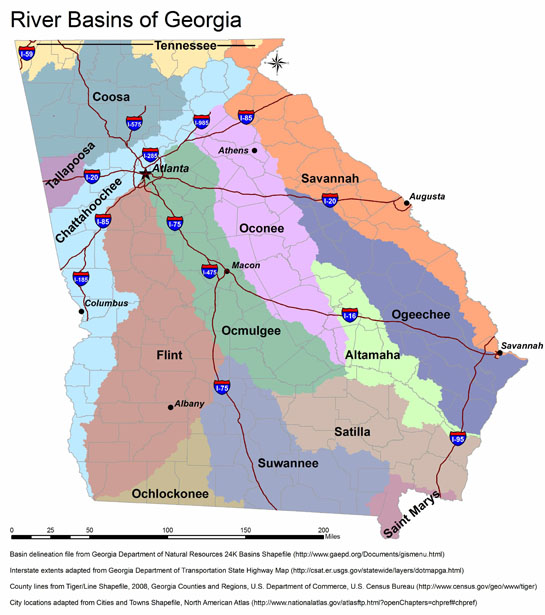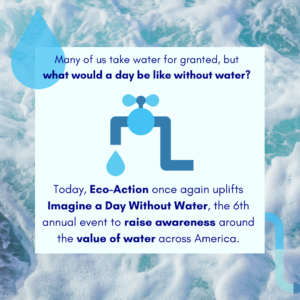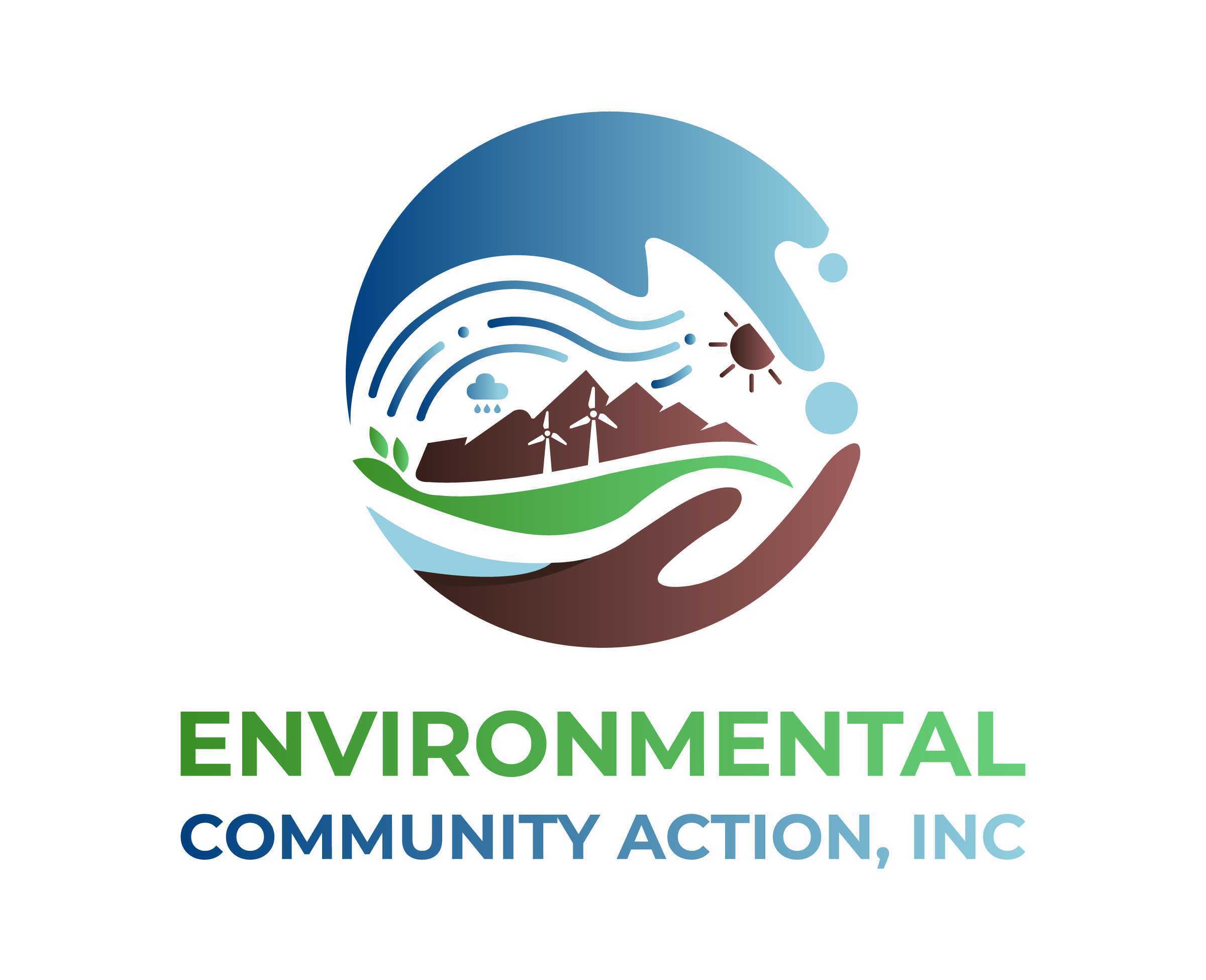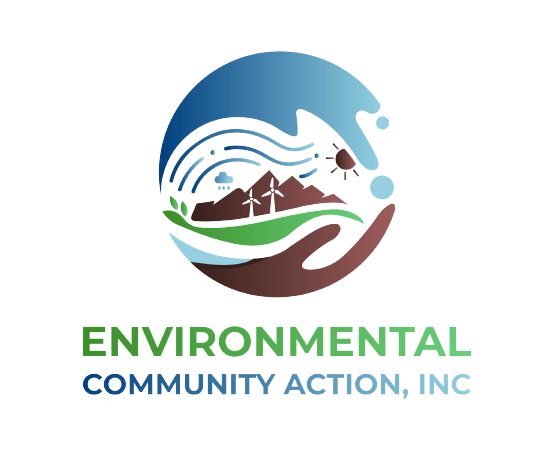
Water is life, a universal solvent. We use water to drink, grow our food, wash our hands, and flush our toilets. It is an essential part of our lives and communities. Neither, hospitals, schools, churches could function without water, demonstrating its vast importance. This year, as we face the coronavirus pandemic, we know now more than ever “the critical role that water and wastewater systems play in [our] communities, protecting public health, safeguarding the environment, and making a healthy economy possible” (Imagine a Day Without Water).
Georgia relies heavily on groundwater to supply these needs, as does the greater Atlanta area. Atlanta itself is disproportionately affected by water shortages. As the city is home to about half of the state’s population and has little surface water supply to supplement the groundwater, a “supply and demand imbalance” exists (EPA).
Not only does Georgia face issues of water shortages, but our communities must also confront issues of access to safe and affordable water, efficient and effective water and wastewater infrastructure, and water sharing and governance (American Rivers). African American communities in Atlanta, the state of Georgia, and across the country have been fighting against inequitable water practices linked to housing discrimination and racial segregation for decades (NAACP). Research published by the Georgia Historical Society supports this finding by illustrating “that the physical patterns of Jim Crow segregation in postwar Atlanta were in part shaped by urban developers’ manipulation of hydrological resources” in the city’s minority communities (JSTOR).
ECO-Action fights tirelessly for the right for all Georgia communities to have access to clean and safe water, through programs such as the Atlanta Watershed Learning Network, the ongoing projects of the Georgia Grassroots Environmental Network to address water pollution in Athens-Clarke County, and the work of the Intrenchment Creek One Water Task Force.

On October 21st, organizations across the nation participated in the Imagine a Day Without Water education campaign to “pause and notice the way that water systems impact our lives and communities, and commit to ensuring a sustainable water future for generations to come (Imagine a Day Without Water)”. With this in our hearts and minds, ECO-Action once again uplifts Imagine a Day Without Water and asks each of you to participate alongside us. Please take a few minutes today to think about what a day without water would look like and what you can do to protect and fight for clean water in your community. We encourage all those interested to participate in the ECO-Action Imagine a Day Without Water Art Contest!


